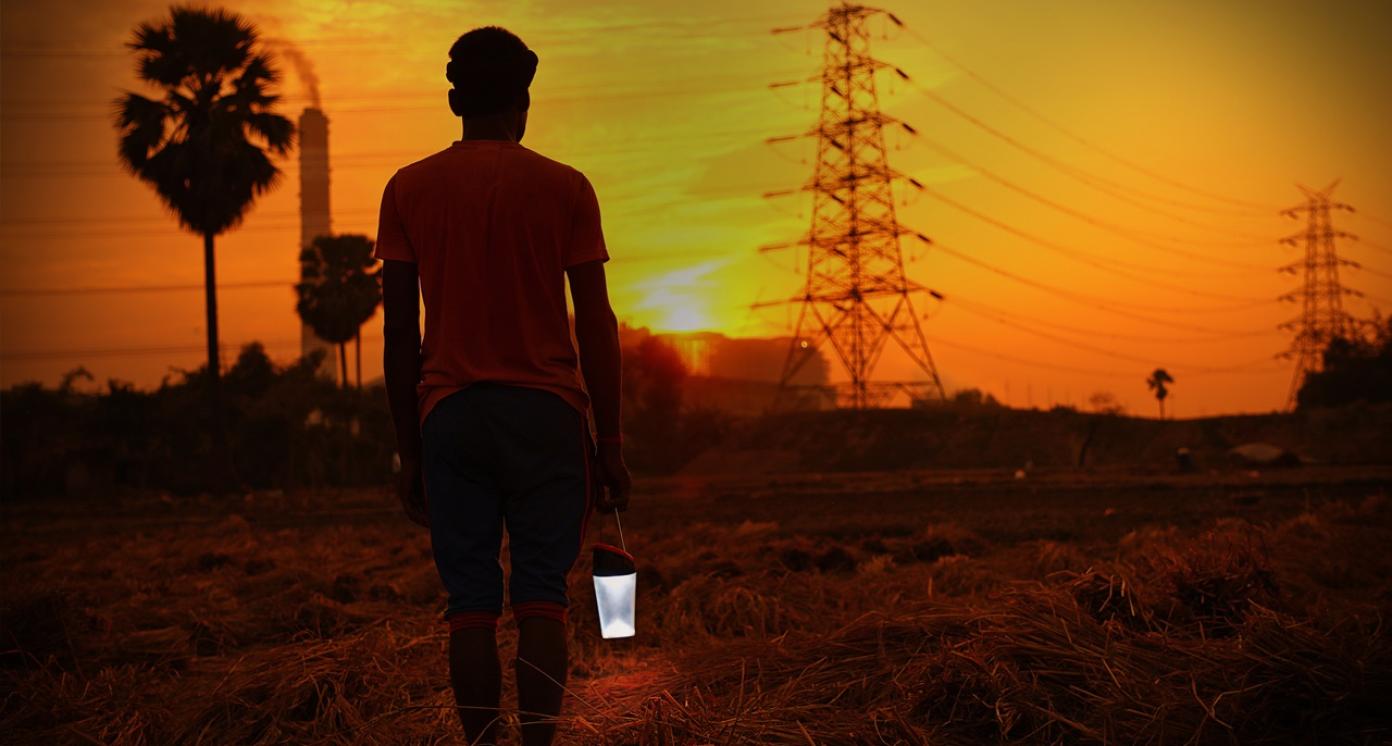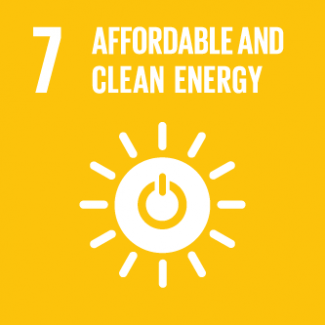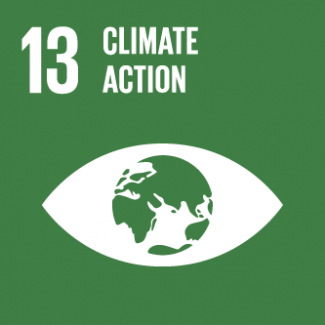d.light was founded in 2006 with an ambitious plan to bring safe, bright, clean lighting and power to people around the globe. Since its founding, 125 million people have benefitted from access to d. light’s solar solutions.
A recent household survey by the Uganda Bureau of Statistics indicates that the national electricity access rate has increased to 57%, comprising 19% and 38% on-grid and off-grid connections, respectively. Existing energy solutions and providers are unable to address the remaining gap, with most companies lacking the capacity to reach off-grid rural areas. Further, many providers find it difficult to expand their Pay-Go asset financing solutions. This means that millions of Ugandans, many of them in remote rural areas, face a future without access to clean, reliable, and cost-effective electricity and other connectivity services.
d.light, with its operational scale and technologies, has the reach to provide rural areas with affordable energy products. Through its innovative Pay-Go financing model, the enterprise offers efficient solar products including solar lanterns and solar home systems to low-income families. As a result, low-income families in rural areas benefit from better health from cleaner lighting solutions as opposed to smoky kerosene lanterns while being empowered to lead more sustainable and productive lives through improved access to education in rural learning institutions and homesteads which are connected to a reliable light source for evening studies.
To further differentiate itself and tap into new verticals, d. light has created the Atlas platform which supports the Pay-Go operations of partners and equips them with the tools needed to succeed and provide value for customers including payment processing, inventory management, field team management, and other functions. In addition, d.light offers mobile devices using its flexible payment approach.
d.light has sold over 25 million products including solar lanterns, solar home systems, TVs, radios, and smartphones, impacting the lives of over 125 million people. Building on this strong track record, d.light aims to transform the lives of 1 billion people with sustainable products by 2030. In Uganda, the company seeks to further tap into the unaddressed market of 4 million people who lack affordable and reliable energy. Through an additional target investment of approximately 150,000 USD, d.light expects to reach the remotest of locations by offering its medium sized solar systems which can be secured by households through an initial deposit of 25 USD and daily repayment of 1 USD over a 24-month period.
This case study is sourced though a partnership with the UN Capital Development Fund (UNCDF) and has gone through due diligence and analysis that undertakes an impact and financial assessment of the investment. The company was identified through UNCDF’s Energy Access Challenge Fund launched in 2015 and later it benefited from the Solar Window Renewable Energy Challenge Fund’s (RECF) Solar Window launched in 2017. Under RECF, their project focused on Pay-Go solar home system rollout specifically to farmers’ groups in Southwestern and Northern Uganda.


















